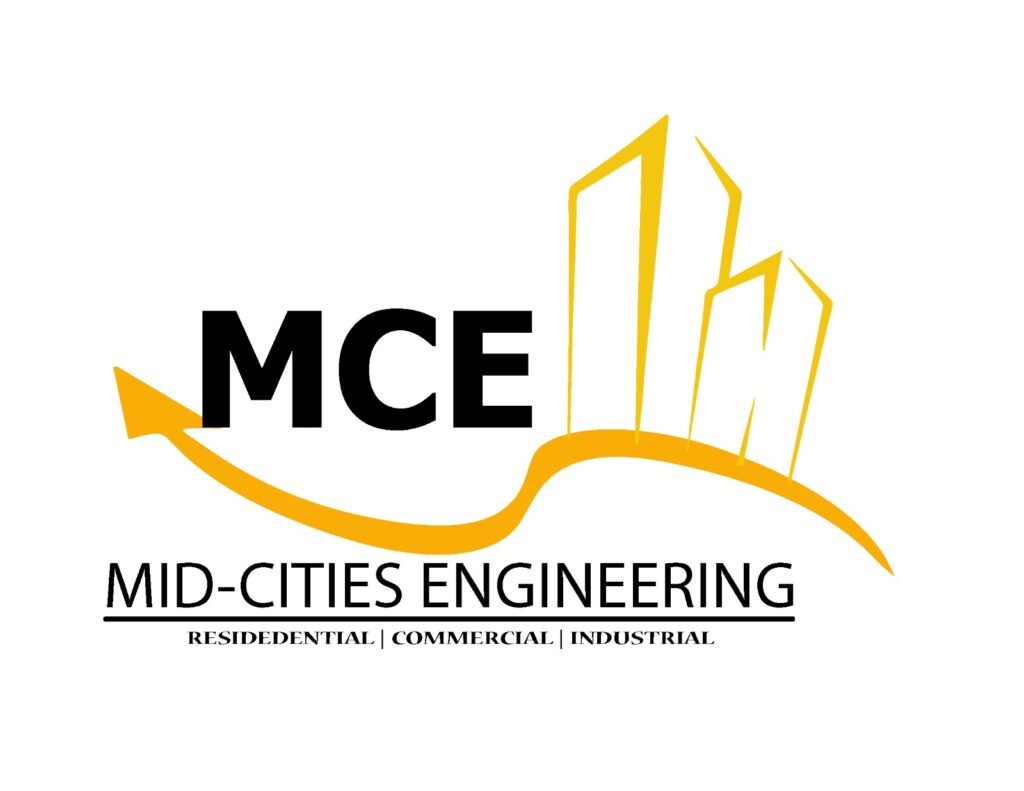Master Planning
Master Planning
Master planning is a comprehensive service in the field of land development that involves the strategic and holistic planning of a large-scale area, such as a neighborhood, city, or even an entire region. It is a crucial process that integrates various elements like land use, infrastructure, transportation, environmental considerations, and community engagement to create a long-term vision for the development of the land. The primary goal of master planning is to establish a framework that guides future growth and development, ensuring that it is organized, sustainable, and aligned with the needs and goals of the community and stakeholders involved.
Previous
Next
Components of Master Planning
Master planning services typically encompass several key components, each of which contributes to the overall success of the project. These components often include:
- Land Use Planning: Determining how the land will be used, including residential, commercial, industrial, recreational, and green spaces.
- Infrastructure Planning: Identifying and designing essential infrastructure elements such as roads, utilities, and public services to support the proposed development.
- Transportation Planning: Creating a network of roads, public transit systems, and pedestrian pathways to ensure efficient mobility within the area.
- Environmental Considerations: Assessing and mitigating the environmental impact of the development, such as preserving natural habitats and managing water resources.
- Community Engagement: Involving residents, businesses, and other stakeholders in the planning process to gather input and address concerns, fostering community buy-in.
Benefits and Importance of Master Planning:
Master planning is vital as it fosters sustainable development, enhances quality of life, attracts investment, and prevents common urban issues like congestion and inadequate infrastructure. By considering long-term implications, it creates vibrant and resilient communities, meeting the needs of present and future generations.

